A Connecticut Yankee’s Introduction to California
A Northeastern native and longtime California resident reflects on his first time experiencing the colorful characters, culture and politics of the Golden State. A Northeastern native and longtime California resident reflects on his first time experiencing the colorful characters, culture and politics of the Golden State.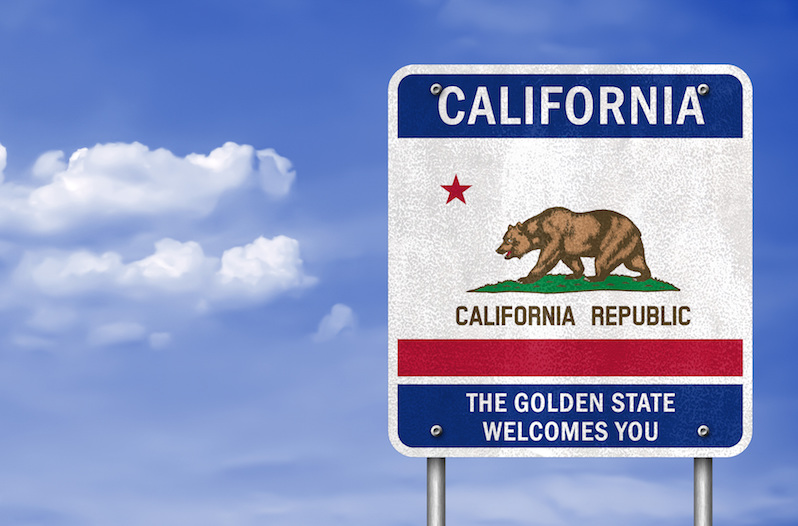 gguy / Shutterstock
1
2
gguy / Shutterstock
1
2
Why I came to settle in Pasadena—a city in the county of Los Angeles—with that imagery in my head, I don’t know. The parents of the adolescents in the English and drama classes I taught resembled the Goldwater delegates of years before, rather than my father and his centrist friends. I had found a place where a football stadium was named after a flower and the strangest place around was the British pub just off Colorado Boulevard.
Berkeley quickly became my refuge. Its hive of academics, unreconstructed hippies, old Commies, politically involved African-Americans, heroin addicts, loose women, lefties of every stripe, I found endlessly intriguing. Chris Matthews would have loved charting their voting patterns. He’d have wondered what percentage of them would even consider Hillary. My sister had come to the East Bay for graduate school and never left. She’d become something of a young Gertrude Stein, and the flock of Bohemians who passed through her door and attended her dinner parties was a motley lot indeed. Pasadena might have felt to me like an island of sanity had Santa Anita not been a few miles down the road. I grew captivated by track announcer Trevor Denman’s South African vowels, often to my sorrow, now and then to my profit.
During this perfervid period of the early ’80’s, I frequented the watering holes of Main Street Santa Monica and developed a major fondness for the place altogether, a fondness that still abides. I found Santa Monica somehow funkier than the other towns in the region. Last week, sitting over an incomparable spaghetti carbonara on the patio at Trastevere, a marvelous eatery on the Promenade, I had the feeling I wasn’t even in America. It was a feeling I’ve not had in Cambridge, Mass., or New Orleans or Seattle or Ann Arbor, Mich.
Construction in Santa Monica has gone rabid recently, and the ersatz contemporary architecture could have been from anywhere. I suddenly thought about the Armenian auto repairmen, the Persian pharmacists, the Lebanese dentists, the Russian haircutters, the Filipino health workers, the Chinese astrophysicists that inhabit the area I had blindly chosen.
I have always hated the term, “melting pot.” It brings to mind cheese fondue. But I guess it’s a perfectly serviceable metaphor for the international flavor of our city. The fact is that Los Angeles is the quintessential America. And damn the TV talkers who want to put us all in little hoppers.
The Latino population of Los Angeles entirely defies being categorized. But if any generalizations are ever useful—and some can be—its people tend to possess a devotion to family and a work ethic that no others exceed. For 23 years, it was my privilege to learn about Mexican, and Guatemalan cultures as a high school teacher in the Los Angeles Unified School District. And having done so, I am convinced that the massive Latin American presence in California is a stabilizing influence for everyone in the state. In this heterogeneous environment, the bedrock values of many L.A.’s Latino communities set a predominant tone.
Having retired from teaching and long since settled in the mother of all valleys, my palate for excitement doesn’t often exceed treading the boards of a classical stage now and then and watching the Red Sox on a near nightly basis. But seldom does a day ever pass when I don’t feel blessed to be in California.
John Ogden is a retired teacher. At Collegiate School in New York and Westridge School in Pasadena, he taught English and directed the drama programs. Joining the faculty of Los Angeles High School in 1986, he was co-founder and artistic director of The Rimpau Players, a student-faculty theatre group. He was raised in New Canaan, Conn., and now lives with his wife, Patti, in Valley Village, Calif.
Your support is crucial…
SUPPORT TRUTHDIG
With an uncertain future and a new administration casting doubt on press freedoms, the danger is clear: The truth is at risk.
Now is the time to give. Your tax-deductible support allows us to dig deeper, delivering fearless investigative reporting and analysis that exposes what’s really happening — without compromise.
Stand with our courageous journalists. Donate today to protect a free press, uphold democracy and unearth untold stories.
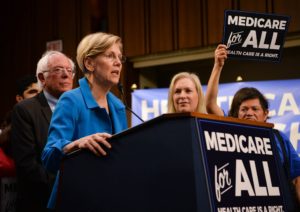
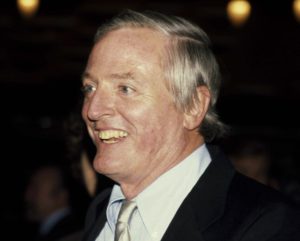
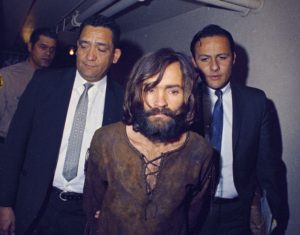

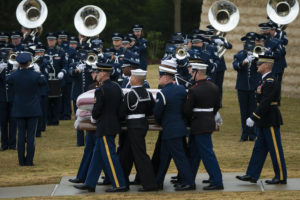
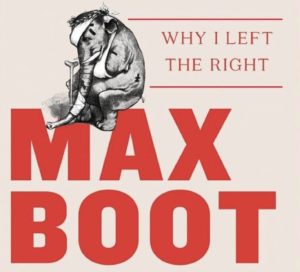
You need to be a supporter to comment.
There are currently no responses to this article.
Be the first to respond.